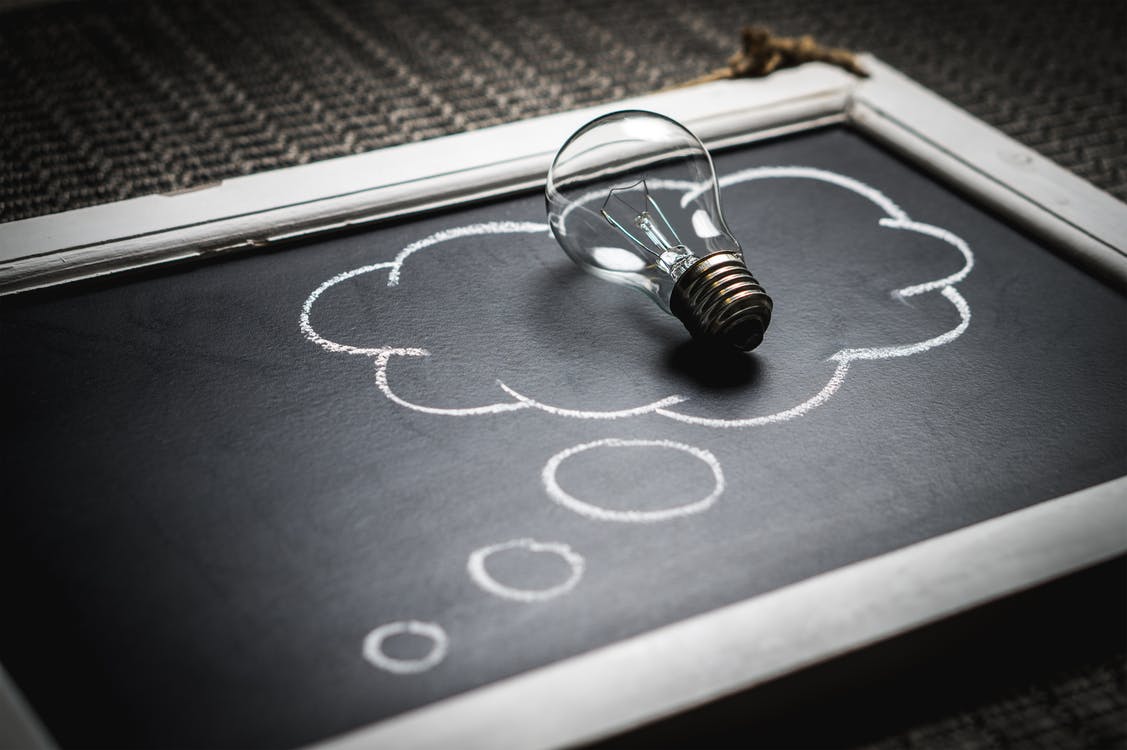Rights and Democracy

Democracies can only work if citizens participate in decision-making and in choosing leaders and representatives. Rights are the
rules that make sure that there is nothing stopping citizens from participating.
There are two ways that citizens can be prevented form participating in democracy: firstly, if they are prevented to expressing their views, or taking part in democratic politics. Rights that protect citizens against this are called ‘civil and political
rights’. Secondly, if citizens are prevented from taking part in democracy because they are too poor, sick or uninformed to take
part in democracy. These rights are called “social, economic and cultural rights”
Civil and political rights
Civil and political rights are those rights that allow people to speak, associate, assemble and organize, practice their
religion, vote or run for elections. These rights are necessary for participation in democratic politics (i.e. campaigning, running for
office and voting) and vital for democracy. The most important international agreement that protects civil and political rights is the
International Covenant on Civil and Political Rights (ICCPR). Perhaps the most important civil and political rights for a
democracy are:
• The right to vote
• The right to run for office
• The right to freedom of expression
• The right to freedom of assembly
• The right to freedom of association